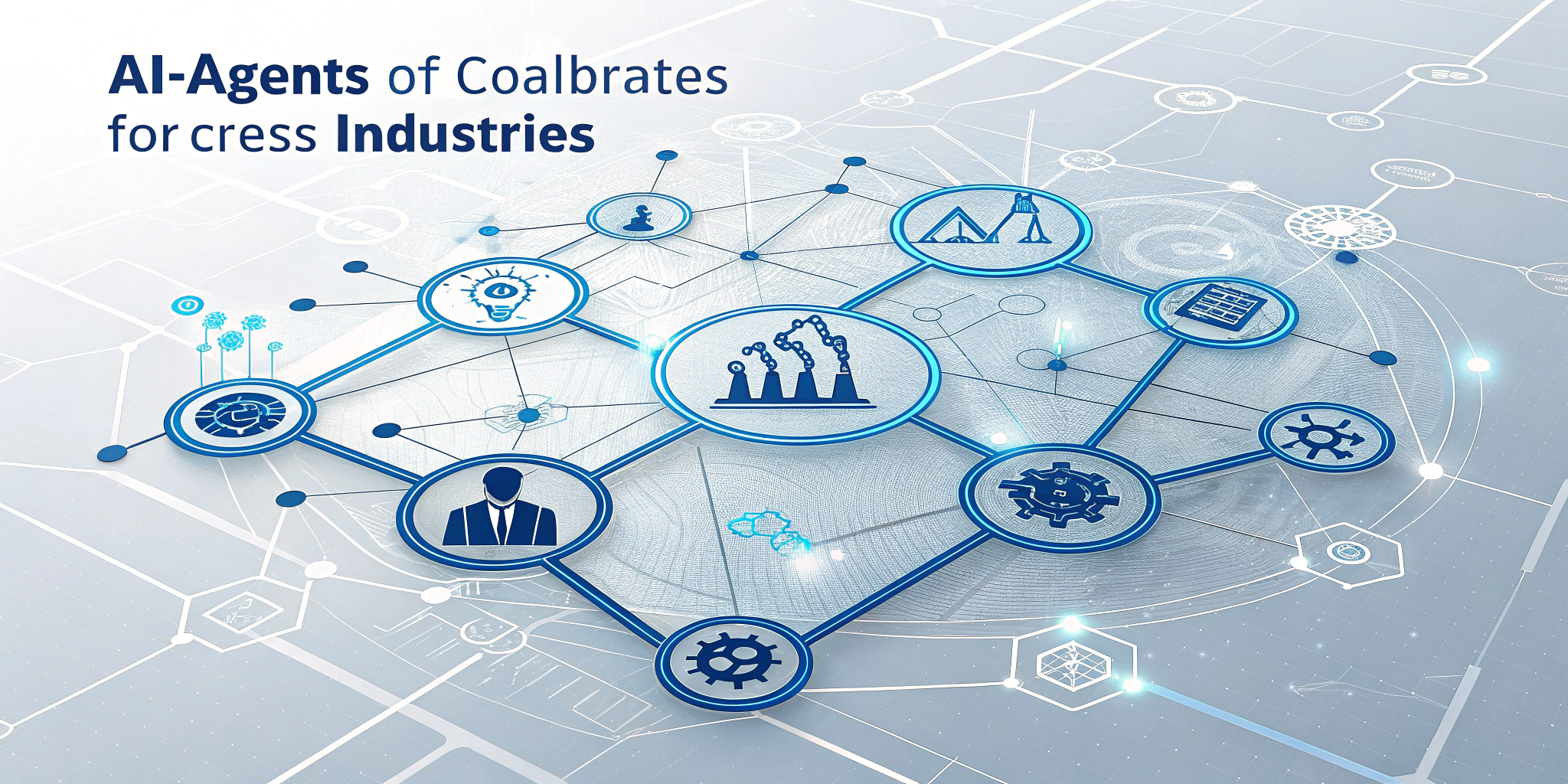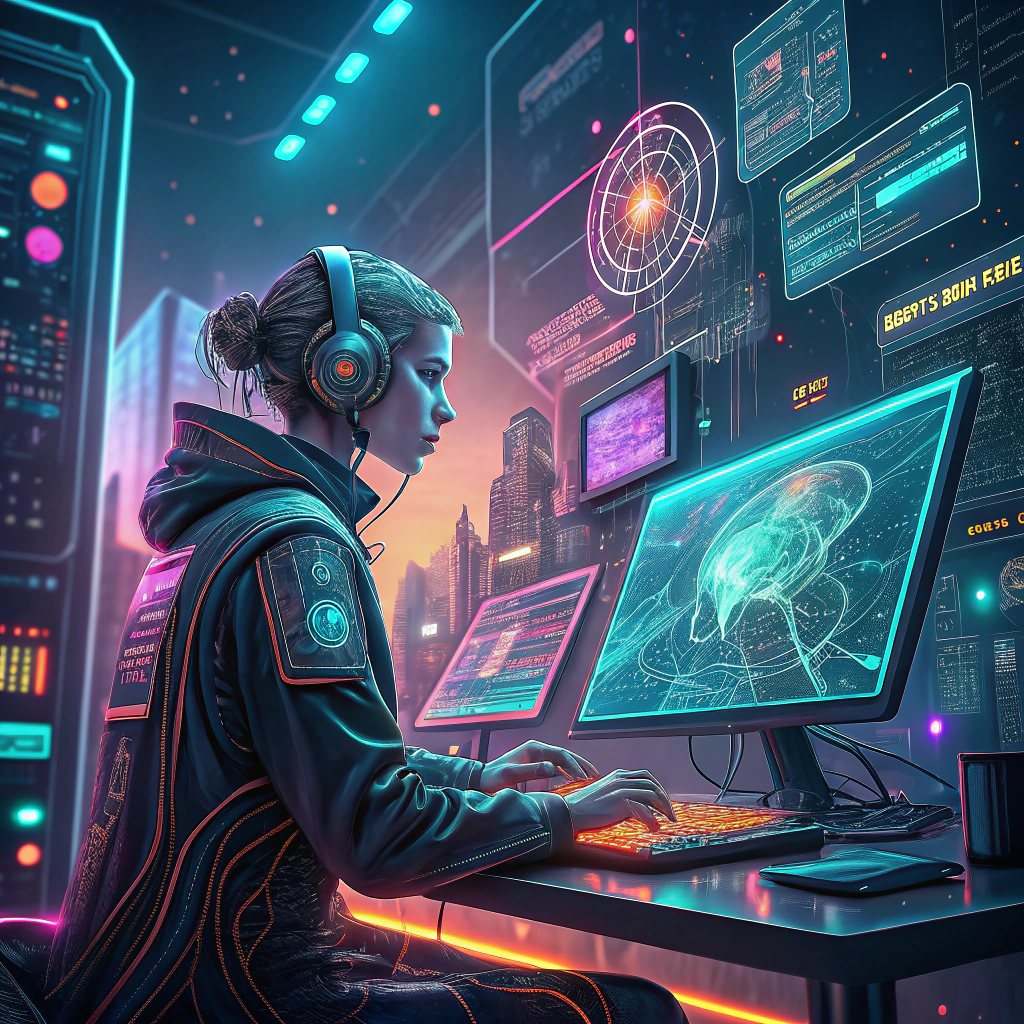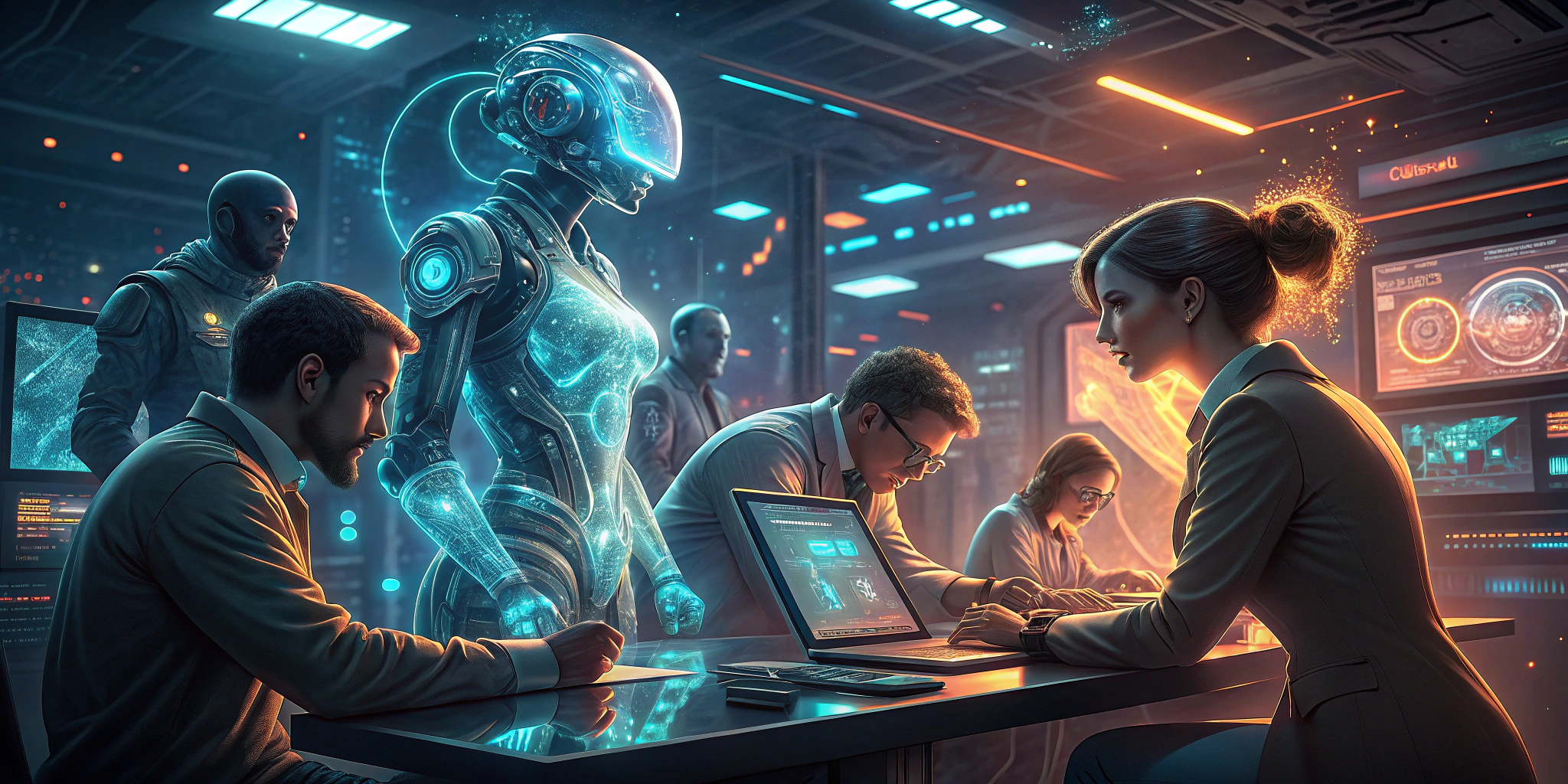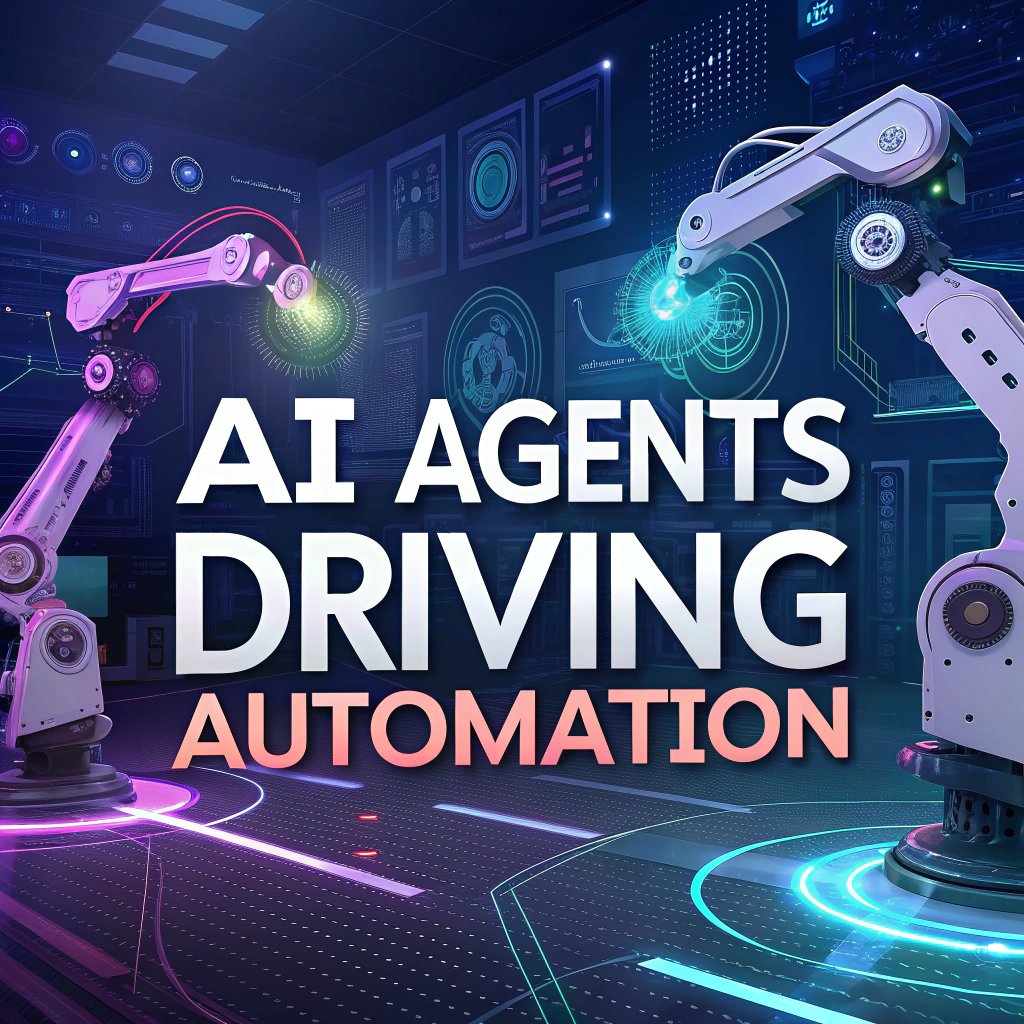Unleashing the Power of AI Agents: Transforming Industries and Enhancing Everyday Life

Unleashing the Power of AI Agents: Transforming Industries and Enhancing Everyday Life
In recent years, Artificial Intelligence (AI) has made significant strides, permeating various aspects of our lives and reshaping industries. Among the most impactful innovations in AI are AI agents, which are intelligent systems designed to perform tasks autonomously. These agents are revolutionizing industries, enhancing productivity, and improving the quality of life. This article delves into the world of AI agents, exploring their potential, applications, and the future they promise.
Understanding AI Agents
AI agents are software programs that operate autonomously to carry out specific tasks or solve problems. Unlike traditional software, AI agents are endowed with the ability to learn from data, adapt to new situations, and make decisions based on their experiences. These agents can be classified into various types, including reactive agents, deliberative agents, and hybrid agents, each with unique capabilities and applications.
Reactive Agents: These agents respond to stimuli from their environment without maintaining an internal state. They are designed to perform simple tasks, such as filtering spam emails or recommending products based on user behavior.
Deliberative Agents: Unlike reactive agents, deliberative agents maintain an internal state and use it to make informed decisions. They analyze data, plan, and execute tasks, making them suitable for complex applications like autonomous vehicles and financial trading.
Hybrid Agents: Combining the strengths of reactive and deliberative agents, hybrid agents can handle both simple and complex tasks. They are versatile and can be employed in a wide range of applications, from customer service chatbots to smart home devices.
Applications of AI Agents
AI agents are transforming industries by streamlining processes, reducing costs, and enhancing customer experiences. Some noteworthy applications include:
Healthcare
AI agents are revolutionizing healthcare by improving diagnostics, personalizing treatment plans, and enhancing patient care. For instance, AI-powered diagnostic tools can analyze medical images and detect diseases with high accuracy. Virtual health assistants engage with patients, answer queries, and provide medication reminders, thereby improving adherence to treatment plans.
Finance
In the financial sector, AI agents facilitate algorithmic trading, fraud detection, and customer service. They analyze large volumes of data in real-time to make informed decisions that maximize profits and minimize risks. Additionally, AI chatbots offer 24/7 customer support, efficiently handling routine transactions and inquiries.
Retail
Retailers are leveraging AI agents to enhance the shopping experience and optimize operations. AI recommendation engines analyze customer behavior and preferences to suggest personalized products, thereby boosting sales and customer satisfaction. Moreover, AI agents assist in inventory management by predicting demand patterns to maintain optimal stock levels.
Transportation
The transportation industry is being transformed by autonomous vehicles powered by AI agents. These intelligent systems navigate complex environments and make real-time decisions to ensure safe and efficient travel. AI agents also optimize logistics and supply chain operations, reducing delivery times and operational costs.
Entertainment
AI agents are reshaping the entertainment industry by curating personalized content recommendations, enhancing user experiences, and even generating creative content. Streaming platforms employ AI algorithms to suggest movies and shows tailored to user preferences, while artists use AI-driven content creation tools for music, art, and literature.
The Future of AI Agents
The future of AI agents is promising due to advancements in machine learning, natural language processing, and robotics. As these agents become more adept at understanding human emotions and intentions, they will further enhance human-AI collaboration.
Enhanced Human-AI Interaction: Future AI agents will possess refined natural language understanding, leading to more intuitive and seamless interactions with humans.
Ethical and Responsible AI: Transparency, accountability, and alignment with human values will shape the development of AI agents, ensuring their ethical deployment.
AI in Education: AI agents are set to revolutionize education by providing tailored learning experiences, identifying knowledge gaps, and supplying personalized resources.
AI for Social Good: By analyzing vast datasets and identifying trends, AI agents can offer innovative solutions to address global challenges such as healthcare accessibility, climate change, and poverty alleviation.
Conclusion
AI agents are at the forefront of technological innovation, driving efficiency and transforming industries worldwide. Their ability to learn, adapt, and make autonomous decisions positions them as key players in the future of technology. Embracing the potential of AI agents, while ensuring ethical practices, will unlock new opportunities and pave the way for a smarter, more efficient future.



